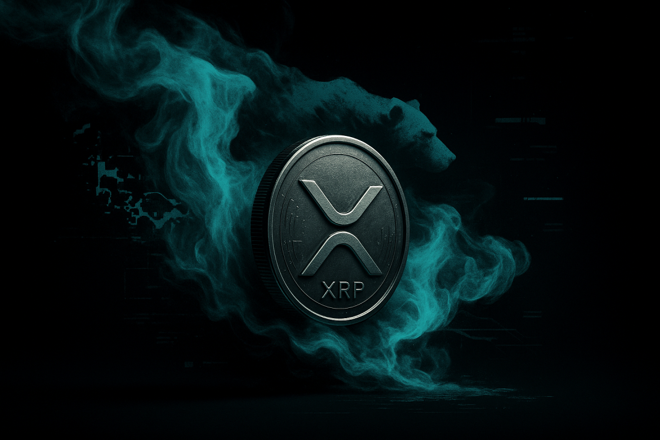In a significant development for the digital-asset ecosystem, XRP has been formally recognized as “property” under U.K. law, marking a milestone in regulatory clarity for crypto markets. The ruling affirms that XRP, similar to other digital tokens previously acknowledged by courts, qualifies as a property class capable of ownership, custody, and transfer under legal frameworks. This advancement strengthens investor protections, opens the door for broader financial-market participation, and reinforces the legitimacy of crypto assets within structured legal systems. Industry observers view the decision as a constructive step toward global regulatory maturation amid ongoing policy debates across major financial jurisdictions.
Legal Recognition Strengthens Digital-Asset Framework
A landmark legal judgment in the United Kingdom has confirmed XRP’s status as property, aligning it with the country’s existing digital-asset classifications. The decision formalizes XRP’s standing within civil and commercial law, clarifying that holders possess enforceable rights similar to those associated with other recognized asset classes.
This recognition builds on prior U.K. legal precedents that have treated cryptocurrency as intangible property, reinforcing the notion that digital tokens can carry legally protected value beyond speculative markets.
Investor Confidence and Market Stability
The ruling is expected to bolster investor confidence, particularly among institutional participants hesitant to engage with assets lacking established legal frameworks. By affirming property status, the decision provides clearer pathways for custodial services, bankruptcy claims, and asset recovery processes.
Market analysts suggest that improved legal definition may attract greater institutional liquidity, deepen market maturity, and support broader integration with regulated financial instruments.
Global Regulation Moves Toward Convergence
Crypto regulatory landscapes continue to evolve across major jurisdictions, with differing approaches shaping market participation:
- The European Union’s MiCA framework aims for structured oversight and consumer protection.
- The United States remains engaged in legal disputes surrounding token classification.
- Asian markets, including Japan and Singapore, have adopted comparatively proactive and supportive regulatory stances.
The U.K.’s decision positions the country among jurisdictions providing clarity without stifling innovation, appealing to fintech firms seeking balanced regulatory environments.
Implications for XRP and Broader Crypto Markets
While the ruling does not classify XRP as a security, its property designation grants enhanced legal certainty for holders, exchanges, and companies utilizing the token for cross-border settlement applications. This development may strengthen XRP’s role as a bridge asset within payment infrastructure and banking systems exploring blockchain-based solutions.
Industry experts note that clear property recognition reduces ambiguity around custody disputes and asset seizure scenarios, supporting the asset’s operational legitimacy in institutional finance.
A Step Toward Full Regulatory Maturity
Although regulatory clarity remains uneven globally, the U.K.’s move underscores an accelerating trend toward structured recognition of digital assets. With growing engagement from traditional financial institutions and global regulators, crypto markets continue transitioning from speculative frontier to integrated financial sector.
As digital-asset adoption expands, legal precedents like this are expected to influence regulatory frameworks worldwide, shaping a future in which cryptocurrencies operate with enhanced legal legitimacy and financial interoperability.
